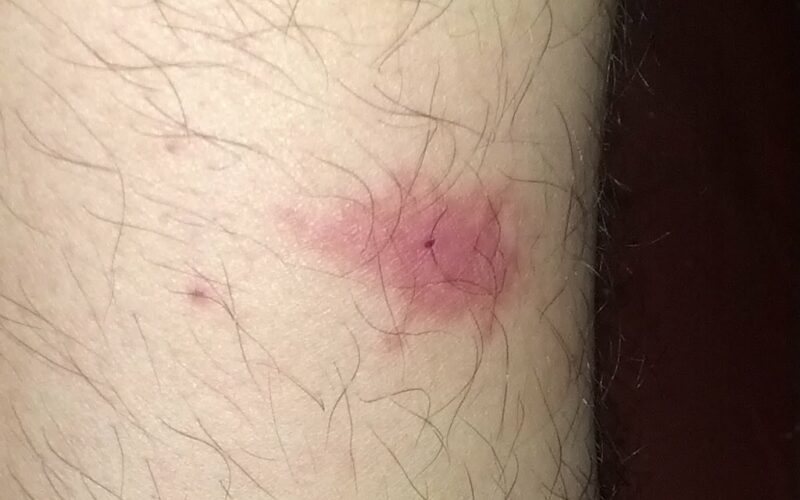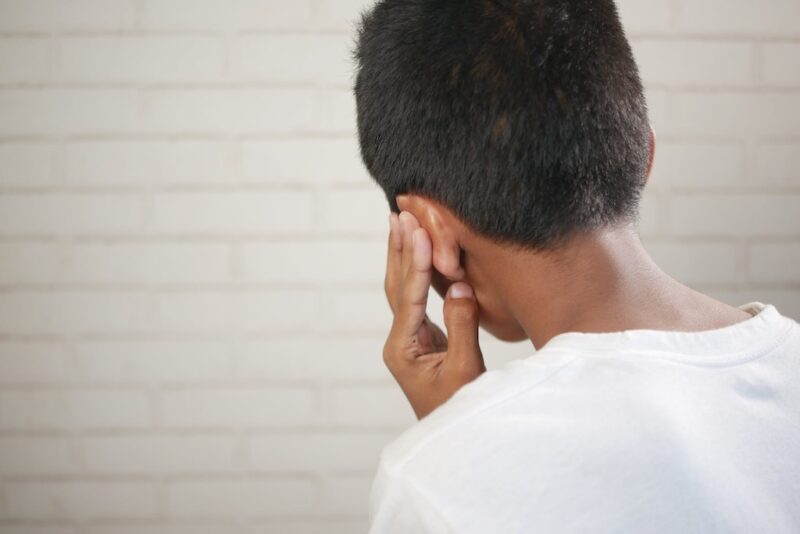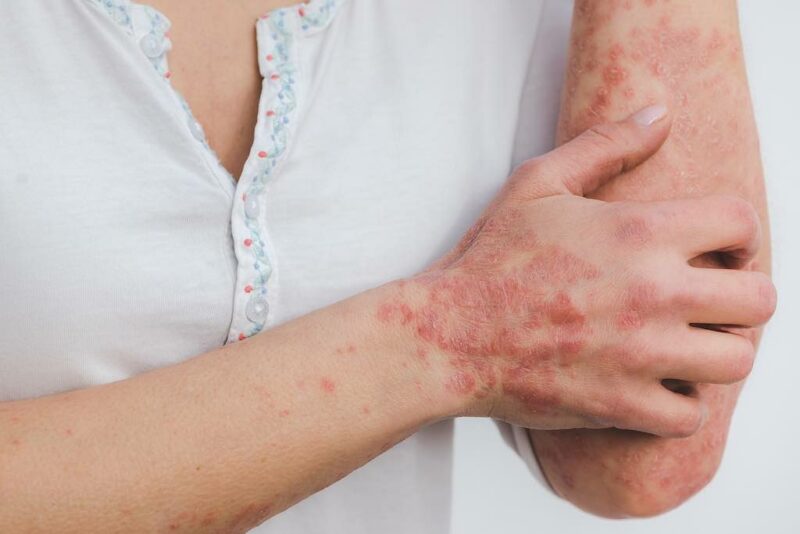Loratadine is a second-generation H-1 antihistamine that is commonly used to treat symptoms such as itching, runny nose, watery eyes, and sneezing caused by common allergies, including hay fever. It is also used to relieve itching caused by hives. However, loratadine cannot prevent hives or treat severe allergic reactions. If your doctor prescribes epinephrine to treat an allergic reaction, you should carry it with you as directed and should not use loratadine as a replacement for epinephrine.
Side Effects
Loratadine usually has no side effects. However, if you experience rare allergic reactions such as rash, itching, swelling (especially of the face, tongue, or throat), or severe dizziness and difficulty breathing, seek medical attention immediately.
- Loratadine is not recommended for children under 6 years old unless directed by a doctor.
- Children under 2 years old should not take chewable tablets unless directed by a doctor.
- If allergy symptoms do not improve after 3 days of treatment, contact your doctor.
- If hives persist for more than 6 weeks, contact your doctor.
- If you have kidney or liver disease, consult your doctor before taking loratadine.
- Loratadine usually does not cause drowsiness within the recommended dose range. However, do not drive or operate machinery or engage in activities that require alertness unless you’re sure it’s safe to do so.
Dosage
According to this article on SingleCare.com, the daily (within 24 hours) dosage of loratadine is as follows:
| Age | Standard Dosage | Maximum Dosage |
|---|---|---|
| Adults | 10mg | 10mg |
| 6+ Years | 10mg | 10mg |
| 2-5 Years | 5mg | 5mg |
Where to Buy?
Loratadine is sold under the brand name Claritin. There are also generic brands including GoodSense and Amazon Basic Care. Loratadine is an over-the-counter medication and can be purchased at pharmacies such as CVS and Walgreens, chain supermarkets like Target and Walmart, and online retailers such as Amazon.
Loratadine 10mg
Syrup | 8 fl oz / 240ml
Loratadine 10mg
Is It Cold, Flu or Allergy?
This article from NIH explains the differences in symptoms between the cold, the flu, and allergies.
| Symptoms | Cold | Flu | Allergy |
|---|---|---|---|
| Fever | Rare | Usual | Never |
| Headache | Uncommon | Common | Uncommon |
| General Aches, Pains | Slight | Usual | Never |
| Fatigue, Weakness | Sometimes | Usual | Sometimes |
| Extreme Exhaustion | Never | Usual | Never |
| Stuffy, Runny Nose | Common | Sometimes | Common |
| Sneezing | Usual | Sometimes | Usual |
| Sore Throat | Common | Sometimes | Sometimes |
| Cough | Common | Common | Sometimes |
| Chest Discomfort | Mild to moderate | Common | Rare |
Disclosure: We are an Amazon Associate. Some links on this website are affiliate links, which means we may earn a commission or receive a referral fee when you sign up or make a purchase through those links.














Leave a Reply